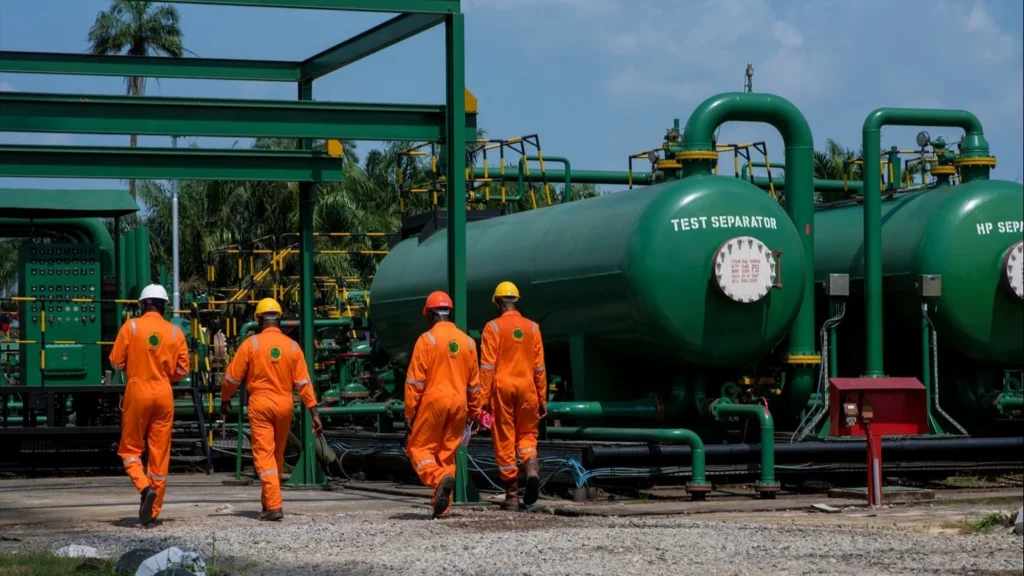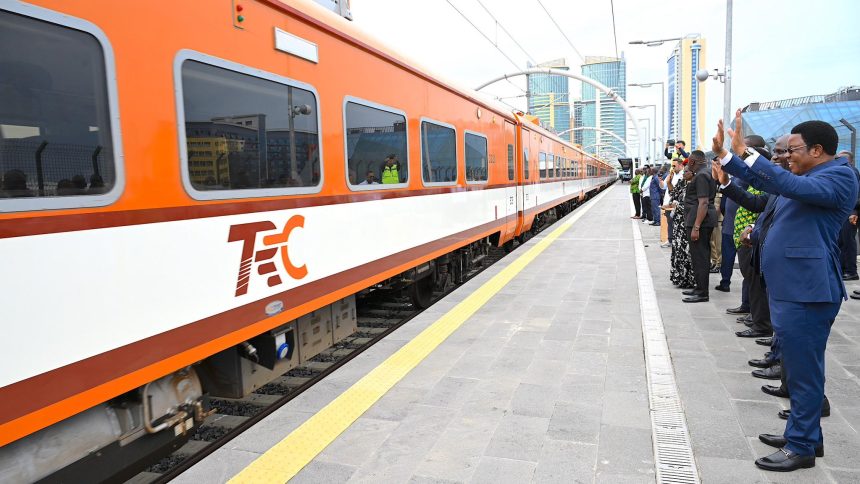
South Africa’s National Treasury on Monday issued directives outlining cost containment measures for government departments as part of the country’s efforts to control expenditure in anticipation of the mid-term budget in November.
In a communication addressed to all government departments, the treasury outlined the fiscal challenges confronting the state and recommended comprehensive cost-cutting measures.
According to the guideline document, South Africa’s public finances have seen a swift deterioration, with year-to-date tax collections falling short by 22 billion rand ($1.16 billion) compared to the government’s February budget projections.
The treasury underscored that tighter financial conditions and a public wage settlement higher than initially budgeted for have made these new cost-saving measures necessary.
The guidelines emphasise that cost reductions are necessary “to attain essential savings and avoid the emergence of potentially severe resource limitations in the latter part of the 2023/24 financial year,” as mentioned in the document.
The suggested measures have faced opposition from labor unions, with the Congress of South African Trade Unions (COSATU) labelling the actions as “poorly thought-out” and contending that they would exacerbate the country’s challenges.
The document urges departments to intensify their examination of expenditures and exercise stricter control over compensation budgets to ensure that the public wage bill remains within specified financial limits.
Furthermore, the guidelines entail a suspension of capital expenditure for projects that have not yet commenced, effective until March 2024. Projects for which the procurement process has been finalised or bid contracts have been signed may proceed as planned.
The treasury clarified that these guidelines are applicable exclusively for the remainder of the current financial year.
National elections are scheduled for next year. A constrained budget could potentially impact the election campaign of the ruling African National Congress.




